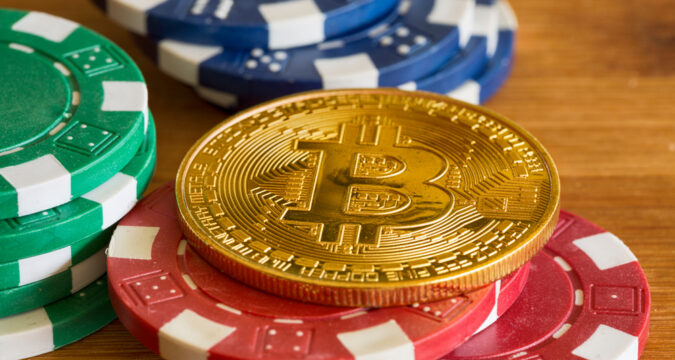
People look for every possible advantage when managing their investment portfolios. They read books and follow experts, take courses and watch tutorials, and these days even listen to investment podcasts, all in search of an edge. Provided the sources of information are reliable, all of this is advisable! You can never have too much knowledge about investing.
With that said however, sometimes the most effective investing help comes from unexpected sources. And for some, one of those sources can be the game of poker. That’s not to say that one should turn to poker and expect direct, detailed investing advice to somehow materialize from the game. There is, however, a lot you can learn about investing practices by playing poker.
Here are some interesting examples to consider.
Considering the Odds
Not unlike investing, poker can seem to some amateur players like a game that’s based on feeling and luck. As you begin to play more and really learn how to compete however, you realize that calculating odds in poker is more important than making decisions based on feeling, or trusting outcomes to luck. There are mathematical circumstances behind every decision to draw a card or respond to a bet, and learning to consider this math makes you a better player. This is a particularly valuable lesson for investors to learn as well. Attempting to make financial trades based on feeling or chance is inadvisable; learning to read numbers and charts and trust data will typically lead to greater success.
Thinking Long-Term
Another lesson poker players learn quickly is to think long-term, and focus on the big picture. While every hand that’s played is competitive to some degree, strategic players are focused more on broader success than on winning those individual hands. Even games or tournaments sometimes don’t matter as much as establishing overall winning records, and — to put it simply — winning more money than you lose! This sort of long-term approach can benefit investors too. As was mentioned in a prior piece on why cryptocurrency investors fail, one of the most common problems is selling too quickly. This basically means prioritizing a short-term gain over long-term success, and it’s something poker can train you not to do.
Overcoming Small Losses
In making the previous point we noted that some investors hurt their own potential by withdrawing gains too quickly. But there are also plenty of investors who act too quickly (or impulsively) on losses. Watching an investment lose value is never fun, but it should not necessarily alter one’s broader strategy. This, too, is a lesson you learn playing poker. Everyone — including the very best players on the planet — is going to lose plenty of hands and games. But good players learn to overcome these individual losses, stick to the game, and focus on winning more in the long run.
Staying Rational
Lastly, poker teaches that staying rational is typically more productive than acting emotionally or impulsively. It can certainly be tempting after a difficult hand or even a big win to let outcomes influence behavior at a poker table. But this often leads to reckless and unproductive decisions. This is much the same in the financial world, where the perils of emotional investing have been well documented for decades. Investors need to remain calm through emotional highs and lows, and continue to make rational decisions. It’s one more thing they can learn from poker.
As we alluded to above, there are all kinds of good sources for investment knowledge and practice today, and poker is certainly not among the most common options. When you consider behavior and mindset rather than direct strategy though, it’s clear that the game has a lot to teach investors also.


